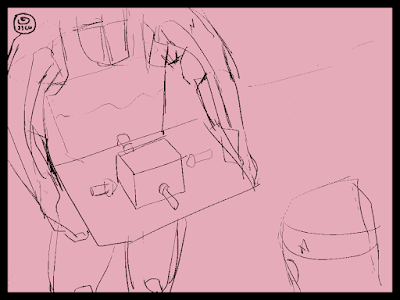 |
| Audience considerations to consider. |
Sometimes I use too much complicated language studying prose from older books that it creeps into the way I write. This Baroque expansionism happens almost subconsciously, and I end up being back in the 18th century, yet the time machine these books provide is an exciting detour.
Reading Jane Austen's Pride and Prejudice the story grid edition. Despite its ornate prose, it is instructive to understand the romance genre and it's leadership. Had to look up the internet to look up the words several times. The prose ain't what makes it bad, it's outdated.
This is a subtle reminder for myself if the average five grader then it's usually not serviceable to them, if it makes them pick up a dictionary and check out the farthest reaches of the language more so. Readability matters.
Although the flourish of word specificity does help explain a particular class, status, and profession. (RIR in bodybuilding, for example, are essential.) If it's not needed, though, it can be cut for modern usage.
Some time, not all the time, and if it's about the word itself, then go ahead. The smallest viable audience, with the specificity of age, education and tribal connections all matter. Imposter syndrome can help as a compass.
Of course, complex ideas exist for a reason, it ain't gatekeeping academia if one was too dumb down everything into a cartoon. Neil Postman's critique of the way entertainment and mass appeal can make things creatively conservative. Appeal to the Niche when into that moment.
More meta-vocalbulury take made by Seth Godin. Along with his takes on Typography for more readability.
